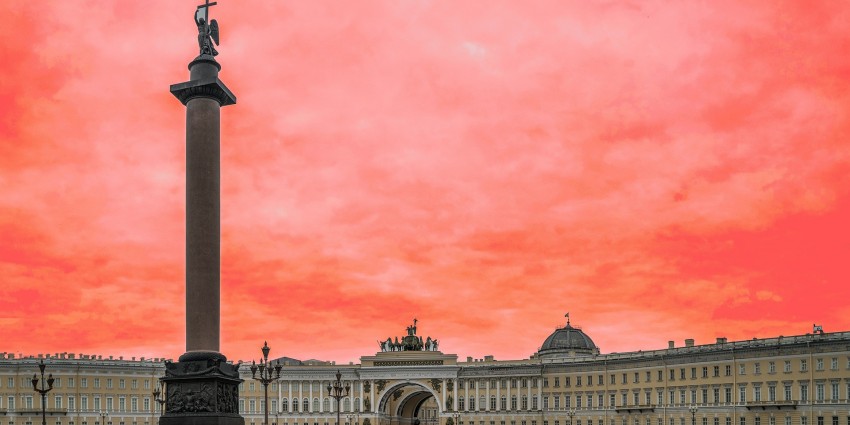My recent Politics article on Russia’s discourse of soft power shows that Russian policy makers are drawn to the idea of soft power because of its promise of great powerhood and status in world politics. Joseph Nye’s soft power is a Western hegemonic concept that has the power of prescribing and imposing on states particular great power criteria – liberal values, democratic governance, human rights, the rule of law etc. – which are considered ‘universal’. Russia tries to live up to these criteria, which is reflected in its ‘cooperative’ discourse on soft power, consistent with Nye’s original concept. However, when Russia fails to meet the hegemonic standards for soft power and great power status, it generates a second – ‘competitive’ – discourse on soft power, which seeks to assert Russia’s great powerhood regardless of and in opposition to the West’s hegemonic soft power prescriptions.
The article thus shows that over the past few years Russia has developed a dual, contradictory discourse on soft power in its foreign policy – a discourse which has its roots in Russia’s dual great power identity. The latter is historically shaped by Russia’s relationship with the West as its Other, when both emulating and resisting the Western world and its ideas has been seen as a sign of Russia’s great power standing.
The ‘competitive’ strand of the Russian discourse on soft power demonstrates a gradual conceptual rejection of the Western idea of soft power by Russia. The duality of the Russian discourse and relevant soft power policies creates obstacles to the West’s recognition of Russia’s status and soft power, and thus renders Russian soft power ineffective in the West. Russia essentially finds itself caught in a vicious circle as the delay in Western recognition of Russia pushes its elites to further seek and implement alternative ‘competitive’ interpretations of soft power, which in turn reduces Russia’s chances of Western acceptance in the future. The circle can be broken, it seems, if the conflict of meanings over soft power is resolved: either the West modifies its soft power requirements and accepts Russia as it is, or Russia eventually embraces the tenets of Western soft power and adopts relevant policies consistent with liberal ideas and values.

